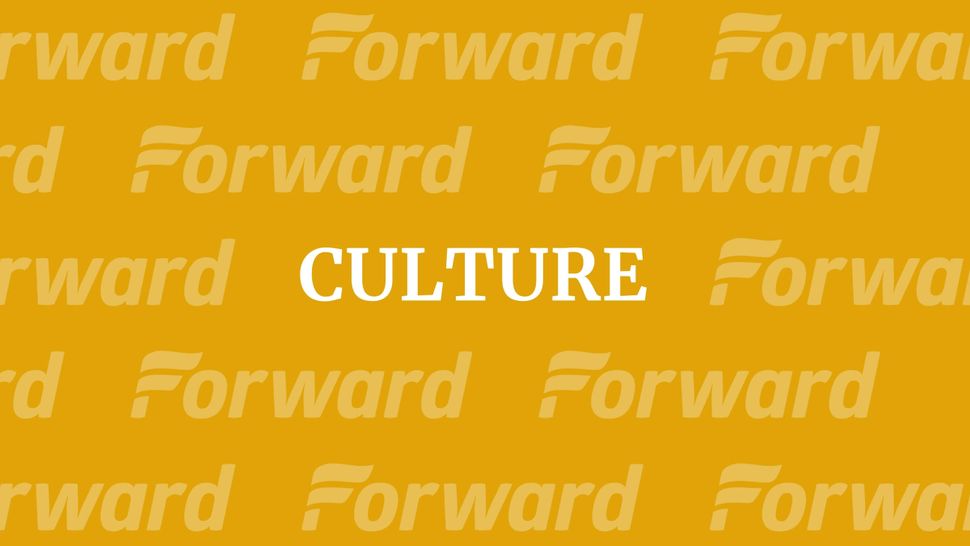Sundry Hungers

Miriam in her Cups: The Cup of Miriam at the Seder table is intended to honor Moses? sister for her part in the Exodus. Image by WWW.ARTSIONA.COM
On Passover, both our physical and spiritual appetites are honored. So for what do we most deeply hunger? Richard Schiffman, in the following poem and another online, meditates on the often contradictory longings that are at play in a Seder, or a life.

Miriam in her Cups: The Cup of Miriam at the Seder table is intended to honor Moses? sister for her part in the Exodus. Image by WWW.ARTSIONA.COM
Sundry Hungers
In the dream, a woman swallowed — one after the other —
the stars. Some are hungrier than others.
Poets, for example, plunge their big dippers daily
into the Milky Way, skimming off the lyrical cream.
The pudgy child god Krishna, stole butter from mother Yashoda’s
curd pots. Shiva, by contrast, churned the ocean of nectar
with the paddle of the Himalayas. Poison wafted to the top.
He quaffed it straight, without a chaser, almost died,
like Christ for our sins, turned blue instead. Krishna — go figure —
blushed the same alarming hue gorging on all that butter,
while the Buddha, hungry for abstention, ate practically nothing.
No wonder he, too, turned a sickly shade, until the farm lass Sujata
hand-fed him curds and curries, and he became enlightened
and pleasantly rotund. The Israelites gathered manna from heaven,
but never stopped complaining, demonstrating
that if you are hungry for deception, even nectar tastes like poison.
Jesus said: “Blessed are the famished, for they shall be fed.”
Catholics eat his body and blood in church.
I wonder if it tastes like the stars. I wonder if God, grown tired
of swallowing stardust, hungers for the strong meat of the living.
During our yearly Seder, horseradish comes before the roast chicken.
The bitter is a prelude to the sweet. My mother feasted
on the gristly pupiks. They were her manna.
She never complained.
Passover
Same crew as last year in Sandy’s parlor
with its low ceiling and burnished walnut fittings
reminiscent of a ship’s galley. Mutinous, as usual,
chafing at the matzo, maror and bitter herbs —
the routine questions, answers, prayers and songs,
as Richard strains to keep us on the same page
as tradition. But the ship is drifting into giddy,
irreligious waters, no longer salt, but cloyingLY?
sweet, in which we dip and double dip
in levity what our forbears shed in tears,
or smeared in blood upon the doorway,
when death came sailing down the Nile.
Ten drops of ManischeWitz for the plagues on Egypt,
horseradish to prick the tongue with Pharaoh’s
lash. Bread left unleavened for the quick escape
into the desert, where freedom cost us more
than bondage ever did: 40 parched and famished
years, which we commemorate with a feast
when the caustic condiments are done.
Richard Schiffman is a poet and spiritual author who recently completed a work on Moses.
The Forward is free to read, but it isn’t free to produce

I hope you appreciated this article. Before you go, I’d like to ask you to please support the Forward.
Now more than ever, American Jews need independent news they can trust, with reporting driven by truth, not ideology. We serve you, not any ideological agenda.
At a time when other newsrooms are closing or cutting back, the Forward has removed its paywall and invested additional resources to report on the ground from Israel and around the U.S. on the impact of the war, rising antisemitism and polarized discourse.
This is a great time to support independent Jewish journalism you rely on. Make a gift today!
— Rachel Fishman Feddersen, Publisher and CEO
Support our mission to tell the Jewish story fully and fairly.
Most Popular
- 1

Fast Forward Ye debuts ‘Heil Hitler’ music video that includes a sample of a Hitler speech
- 2

Opinion It looks like Israel totally underestimated Trump
- 3

Culture Cardinals are Catholic, not Jewish — so why do they all wear yarmulkes?
- 4

Fast Forward Student suspended for ‘F— the Jews’ video defends himself on antisemitic podcast
In Case You Missed It
-

Culture Should Diaspora Jews be buried in Israel? A rabbi responds
-

Fast Forward In first Sunday address, Pope Leo XIV calls for ceasefire in Gaza, release of hostages
-

Fast Forward Huckabee denies rift between Netanyahu and Trump as US actions in Middle East appear to leave out Israel
-

Fast Forward Federal security grants to synagogues are resuming after two-month Trump freeze
-
Shop the Forward Store
100% of profits support our journalism
Republish This Story
Please read before republishing
We’re happy to make this story available to republish for free, unless it originated with JTA, Haaretz or another publication (as indicated on the article) and as long as you follow our guidelines.
You must comply with the following:
- Credit the Forward
- Retain our pixel
- Preserve our canonical link in Google search
- Add a noindex tag in Google search
See our full guidelines for more information, and this guide for detail about canonical URLs.
To republish, copy the HTML by clicking on the yellow button to the right; it includes our tracking pixel, all paragraph styles and hyperlinks, the author byline and credit to the Forward. It does not include images; to avoid copyright violations, you must add them manually, following our guidelines. Please email us at [email protected], subject line “republish,” with any questions or to let us know what stories you’re picking up.














